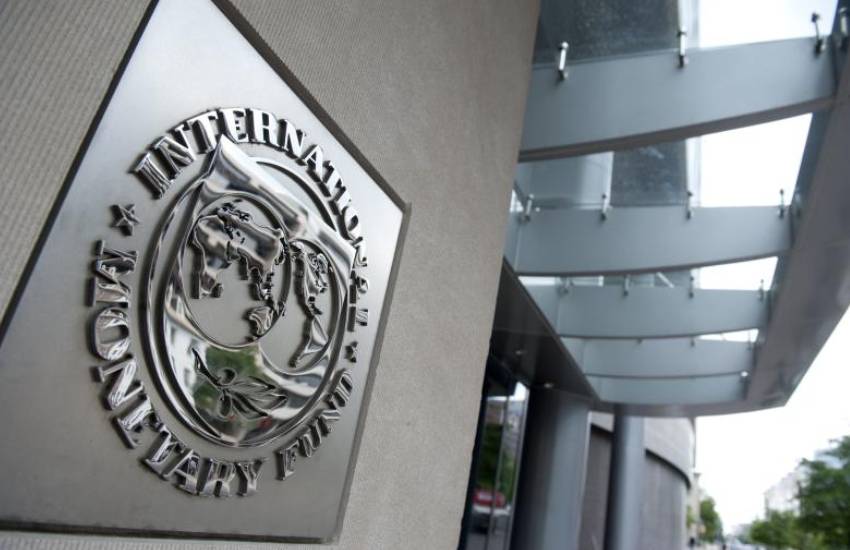×
The Standard e-Paper
Kenya’s Boldest Voice

Why is debate on International Monetary Fund (IMF) a trending topic?
Kenyans are upset with the Washington-based lender. The public is furious about the country’s runaway debt, and they took to social media to express themselves.